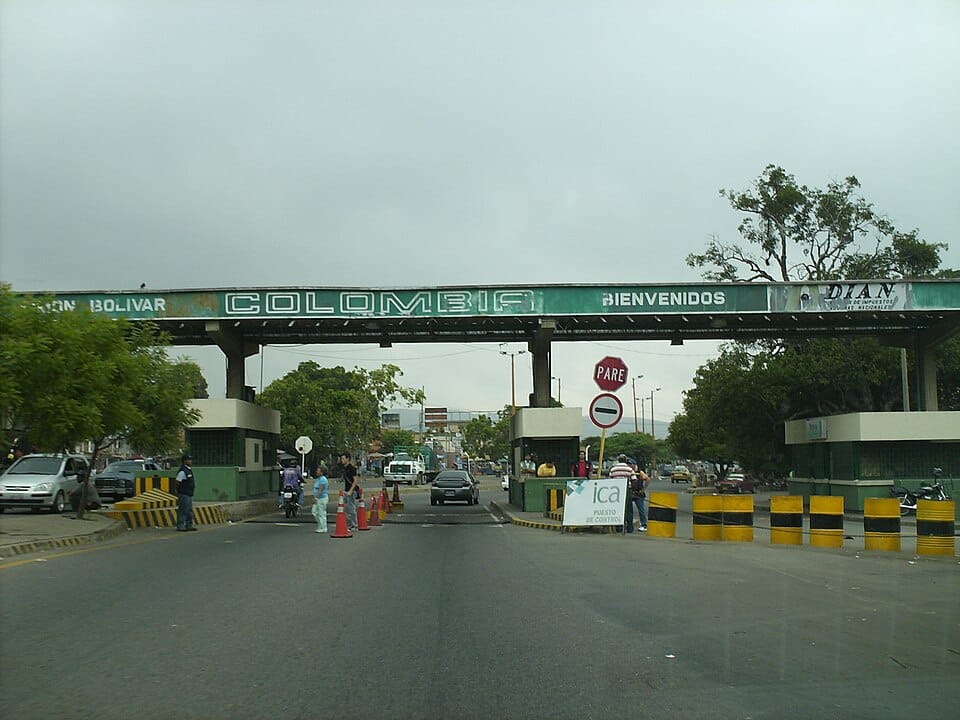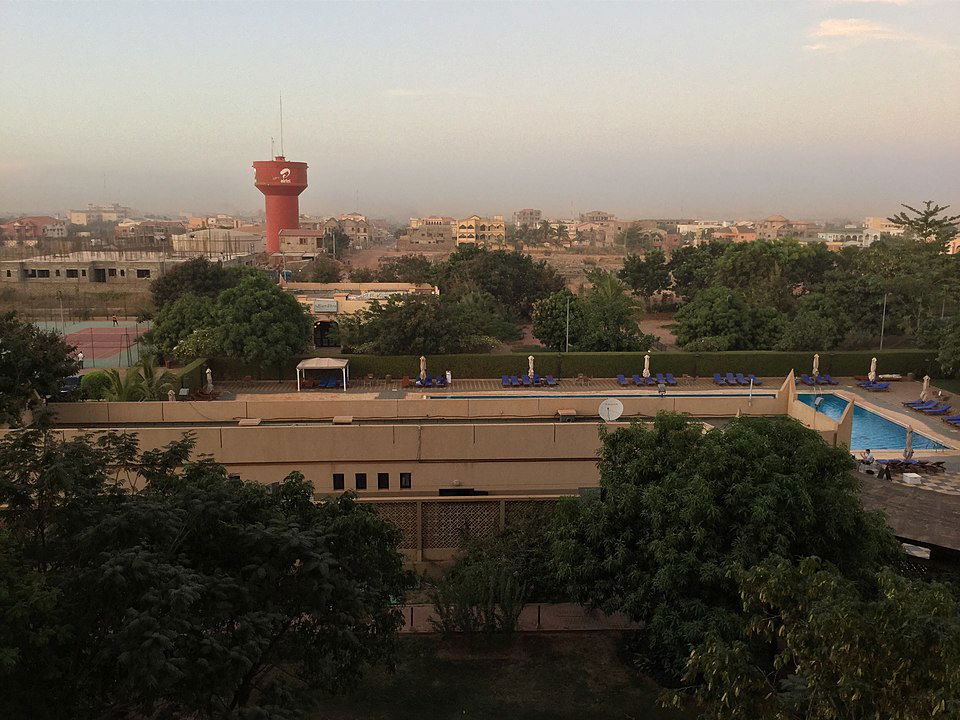The U.S. State Department has issued urgent ‘Do Not Travel’ warnings for specific regions in Colombia and the entire nation of Burkina Faso, citing escalating threats including violent crime, terrorism, and kidnapping. These advisories aim to protect U.S. citizens from potential dangers in these areas.
Colombia: Regional Threats and Security Concerns

In Colombia, the State Department advises against travel to the departments of Arauca, Cauca (excluding Popayán), and Norte de Santander, as well as areas along the Colombia-Venezuela border. These regions are experiencing high levels of violent crime, including armed robbery and homicide, and are hotspots for terrorist activities. Organized criminal operations such as extortion and kidnapping are also prevalent. U.S. government personnel are restricted from traveling to these areas due to security concerns.
Burkina Faso: Nationwide Security Deterioration

The entire country of Burkina Faso has been designated as a Level 4 ‘Do Not Travel‘ zone. The U.S. State Department cites ongoing terrorist activities, widespread crime, and a persistent threat of kidnapping as primary reasons for the advisory. Terrorist groups continue to plan and execute attacks throughout the country, including in the capital, Ouagadougou. The U.S. government’s ability to provide emergency services is severely limited, and U.S. personnel are prohibited from traveling outside the capital due to security concerns.
U.S. citizens are strongly advised to avoid travel to the specified regions in Colombia and to Burkina Faso entirely. For those who must travel, it is recommended to:
- Enroll in the Smart Traveler Enrollment Program (STEP) to receive alerts and make it easier to locate you in an emergency.
- Maintain a low profile and avoid demonstrations or large gatherings.
- Stay informed by monitoring local news and following the instructions of local authorities.
- Develop a personal security plan and have contingency measures in place.
These precautions are essential to ensure personal safety amid the heightened risks in these regions.
